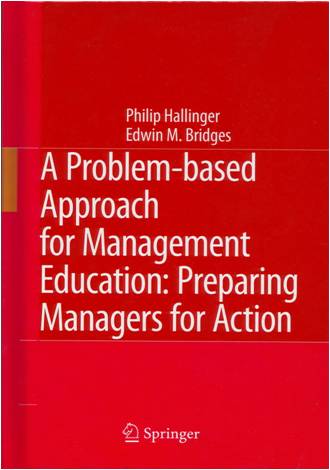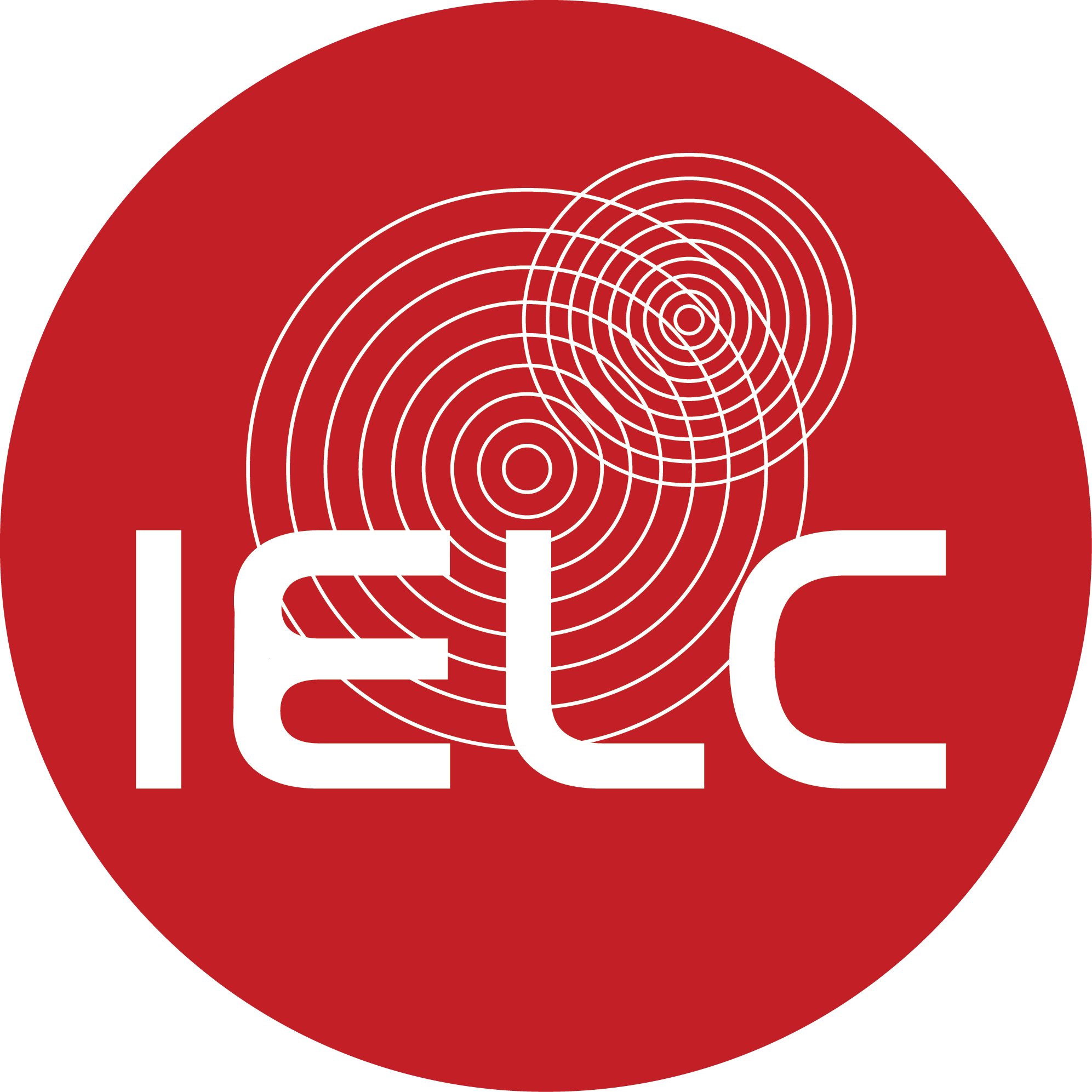Tools |
|---|
Problem-based Leadership Development |
Over sixty years ago, Charles Gragg, one of the originators of case teaching at the Harvard Business School, stated: “Education in the professions should prepare students for action.”As teachers of management, we have long shared Gragg’s  value concerning the importance of this purpose of education. Indeed, our initial interest in problem-based learning (henceforth referred to in this volume as ‘PBL’) during the 1980s resulted from our own search for approaches to teaching and learning that met this criterion for education in the professions. Our subsequent experience using PBL management education programs in North America, Australia and Asia reinforces our belief in its efficacy as an approach that prepares ‘managers for action.’ value concerning the importance of this purpose of education. Indeed, our initial interest in problem-based learning (henceforth referred to in this volume as ‘PBL’) during the 1980s resulted from our own search for approaches to teaching and learning that met this criterion for education in the professions. Our subsequent experience using PBL management education programs in North America, Australia and Asia reinforces our belief in its efficacy as an approach that prepares ‘managers for action.’ PBL -- problem-based learning -- is an innovative learning-centered approach to leadership development. Unlike the case method which focuses primarily on developing analytical skills, PBL provides equal emphasis to learning skills in application of knowledge. This website offers useful tools for learning about the use of PBL in leadership development including:
|
Leaders of all types of organizations in this era of global change need to be able to "manage for action." They need to be able to analyze and also to "do". Both prospective and practicing managers should be able to demonstrate the capacity to:
PBL seeks to foster the capacity to ‘manage for action’ in several ways including:
For more detailed information please see articles referenced and available for download below or books we have published on problem-based leadership development. |
Problem-Based Learning: Workshop Materials |
Professor Hallinger has conducted numerous workshops for university faculty members and trainers on the use of problem-based learning in higher education and in leadership development. He has conducted these multi-day workshops preparing faculty to use PBL in the classroom in the USA, Australia, Hong Kong, Singapore, Malaysia, China, and Thailand. Below are workshop materials used to prepare faculty to use PBL. Note that these are representative materials that have been adapted for different settings and different disciplines. |
|
Papers by Philip Hallinger on Problem-based Learning |
|

